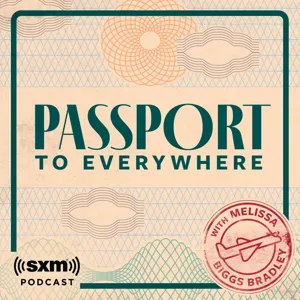A Mermaid is a mythical aquatic creature with the upper body of a female human and the tail of a fish. Legends of these creatures have been reported since the beginning of humanity.
There is no evidence that mermaids live anywhere on earth. However, there are a lot of scientific reasons why they physically cannot exist. Seriously, fish and human’s last common ancestor was over 170 million years ago. If you’re going to say mermaids are mammals, they’d have to breathe air, which means going to the surface often. (So lots of chances for humans to spot them). AND even then, a human/water mammal would not have had time to evolve. Whales returned to the ocean 50 million years ago, and humans evolved 300,000 years ago…. So there is just not enough time for evolution to take place.
But, there is a lot of interesting folklore surrounding these creatures. (A lot more interesting than the bigfoot ‘folklore’)
Tails of merfolks go back to ancient times: from the 2500BC Mesopotamia to the first know tale of an Assyrian queen who turned into a mermaid in 1000BC to current culture. So, to say mermaids have been in the human psyche forever, would not be in error.
Listen now to learn why mermaids cannot happen in real life, but are interesting anyways.
For more information on us, visit our website at betterthanhumanpodcast.com
Follow us on Twitter @betterthanhuma1
on Facebook @betterthanhumanpodcast
on Instagram @betterthanhumanpodcast
https://www.tiktok.com/@betterthanhumanpodcast
or Email us at betterthanhumanpodcast@gmail.com
We look forward to hearing from you, and we look forward to you joining our cult of weirdness!
#betterthanhuman #cultofweirdnes






